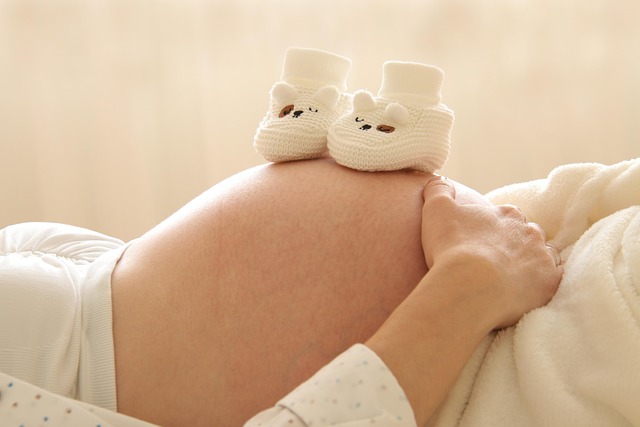If you’re having trouble conceiving and are considering IVF, getting a fertility assessment is a crucial first step. This process typically includes semen analysis, ovarian evaluations, and virology screenings that are essential before any treatment begins. Since fertility can decline with age and testing can take time, it’s wise to schedule your appointment as soon as possible.
Semen Analysis
For men providing sperm for fertility treatment, a semen analysis is necessary. It’s important to note that fertility can fluctuate, even if you’ve already fathered children. Factors like health issues, lifestyle changes, and age can all impact sperm health. A semen analysis evaluates the chances of achieving pregnancy and identifies any potential sperm-related issues. It also helps determine the most suitable treatment for you and your partner, including options like sperm freezing for future use.
This analysis looks at sperm count, motility, morphology, volume, and pH levels. You’ll receive your results by mail and discuss them during your first consultation. Specialists will help interpret what these findings mean for your treatment options and recommendations.
Ovarian Assessment
Ovarian assessment is vital for tailoring the best fertility treatment for you. It starts with a blood test to measure Anti-Mullerian Hormone (AMH) levels. AMH provides insight into your ovarian reserve, which naturally decreases with age. Understanding your AMH level helps predict how your body will respond to fertility medications and how many eggs might be retrieved.
Additionally, trans-vaginal ultrasounds are performed at any time during your menstrual cycle to evaluate several factors, such as:
- The size of your ovaries, which can shrink before menopause, affecting response to IVF drugs.
- Antral Follicle Count, which estimates how your ovaries will react to stimulation drugs and indicates the number of eggs potentially available for retrieval.
Virology Testing
Before proceeding with treatment, it’s necessary to complete virology screenings. If this is your first IVF cycle, ensure these tests are dated within three months of starting treatment. The required tests include:
- Hepatitis B and C (for both genders)
- HIV (for both genders)
- Smear test (for women)
- Rubella antibodies (for women)
If you’re curious about what a fertility assessment involves and want to chat with someone on our team about available treatments, feel free to reach out. You might also find it useful to check out some of our other blog posts, like this one on manual breast pump replacement valves, or look into at-home insemination kits from trusted sources like Make A Mom. Resources like March of Dimes provide excellent info on planning for fertility treatments too.
In summary, a fertility assessment is an essential step for anyone considering IVF. It includes semen analysis, ovarian evaluations, and necessary virology tests to ensure you get the best possible treatment tailored to your needs.

